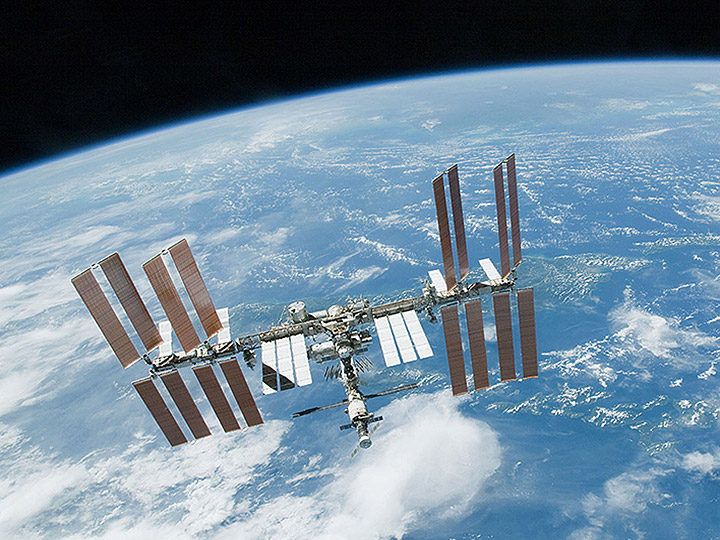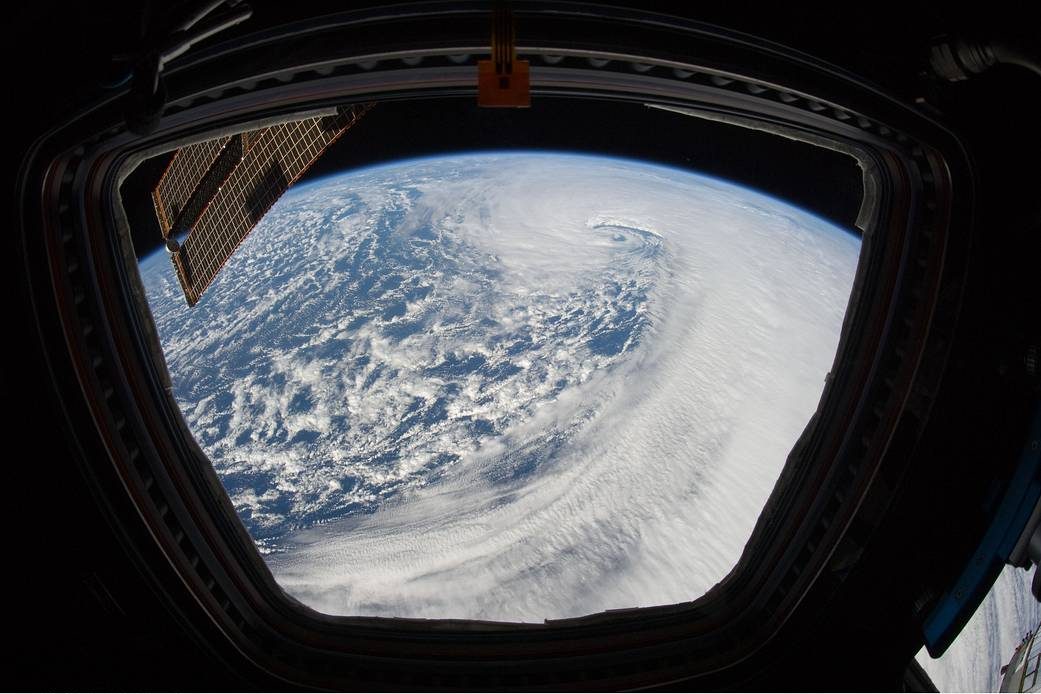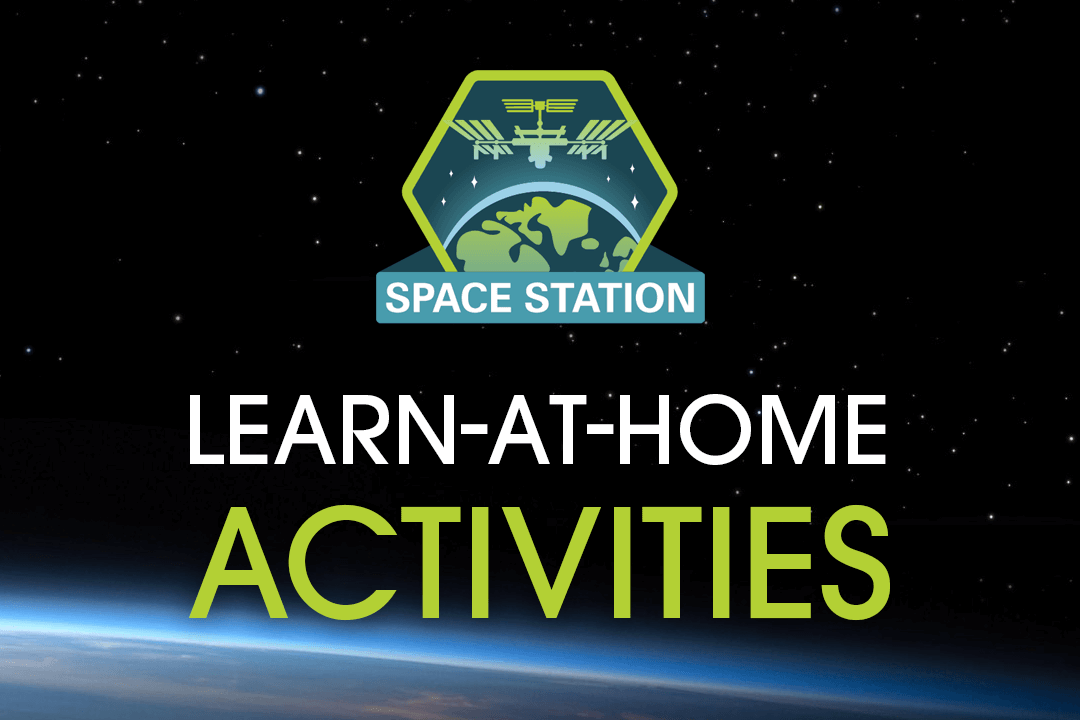Sustainability as a whole is difficult to define. It encompasses a number of niches with different interpretations. However, sustainability can be easily divided into three larger categories: environmental sustainability, economic sustainability, and social sustainability.
Environment Sustainability
When people think of sustainability, they mainly think of environmental impact. Avoiding plastics and nonrenewable resources, conserving fresh water, preserving ocean and wildlife, using wind and solar energy, and many others are popular forms of environmental sustainability. Human activity significantly impacts our planet, and how we treat the Earth affects whether or not the world thrives.
Climate change and global warming are common terms when it comes to why we as a society should be living more sustainably. Many of today’s everyday activities, such as driving, livestock and agricultural production, and manufacturing, release greenhouse gasses including carbon dioxide and methane into the atmosphere. This creates a sort of bubble that makes it more difficult for excess heat to escape our atmosphere. As a result, the heat stays and the average temperatures around the world start to increase. Living in a more sustainable way will help to combat this greenhouse effect.
Economic Sustainability
While maintaining and supporting our environment is crucial, we must also think of where everything comes from, how it’s made, and the cycle of production. Creating a closed-loop system of production and consumption, in which most or all of the output is used again as input, is important to maintaining sustainability. When considering what materials to use for production, choosing ones that are natural or environmentally safe, easy and inexpensive to create or find, and even recycled materials help make the production process more sustainable.
But where we buy these products from is also important. Buying local when possible cuts down on emissions from the transportation of goods and sometimes uses less packaging that ends up as waste. Shopping second-hand or from companies that make an effort to use more sustainable practices helps keep quality goods and services in circulation.
Social Sustainability
In order for the environment and economy to remain sustainable, our society must also act sustainably. Providing fair, living wages for workers and equal rights for all people is important in working toward a sustainable society. When people feel they are needed and wanted in society, they perform better work and are more active in their communities. Forming relationships with one another boosts morale, which causes people to want to make their local environment a better place for themselves and others.
With all the different ways to practice sustainability, the question still remains: What is sustainability? At the International Space Station (ISS) National Lab, sustainability is defined as intentional living that creates a world in which both people and nature’s needs are met without compromising future generations.
But how does space affect sustainability here on Earth? Many experiments done onboard the ISS National Lab have important sustainability impacts, such as studies on harmful algal bloom monitoring, aeroponic farming (using mist to water crops), sustainable cotton growth, and water and energy conservation. ISS sustainability research also includes several education projects, and students from schools and universities around the country send experiments to the space station to help make the Earth a better place.







